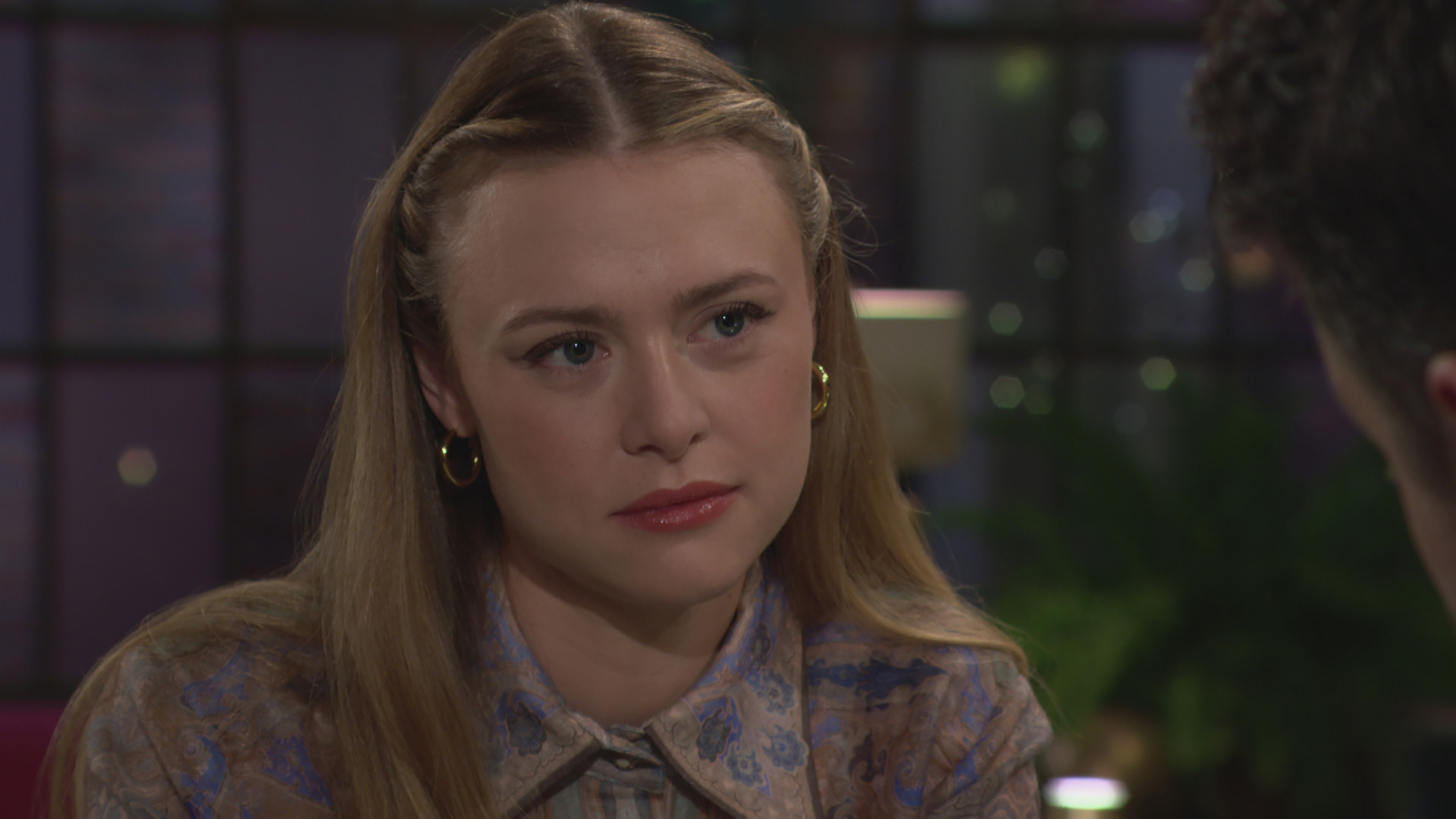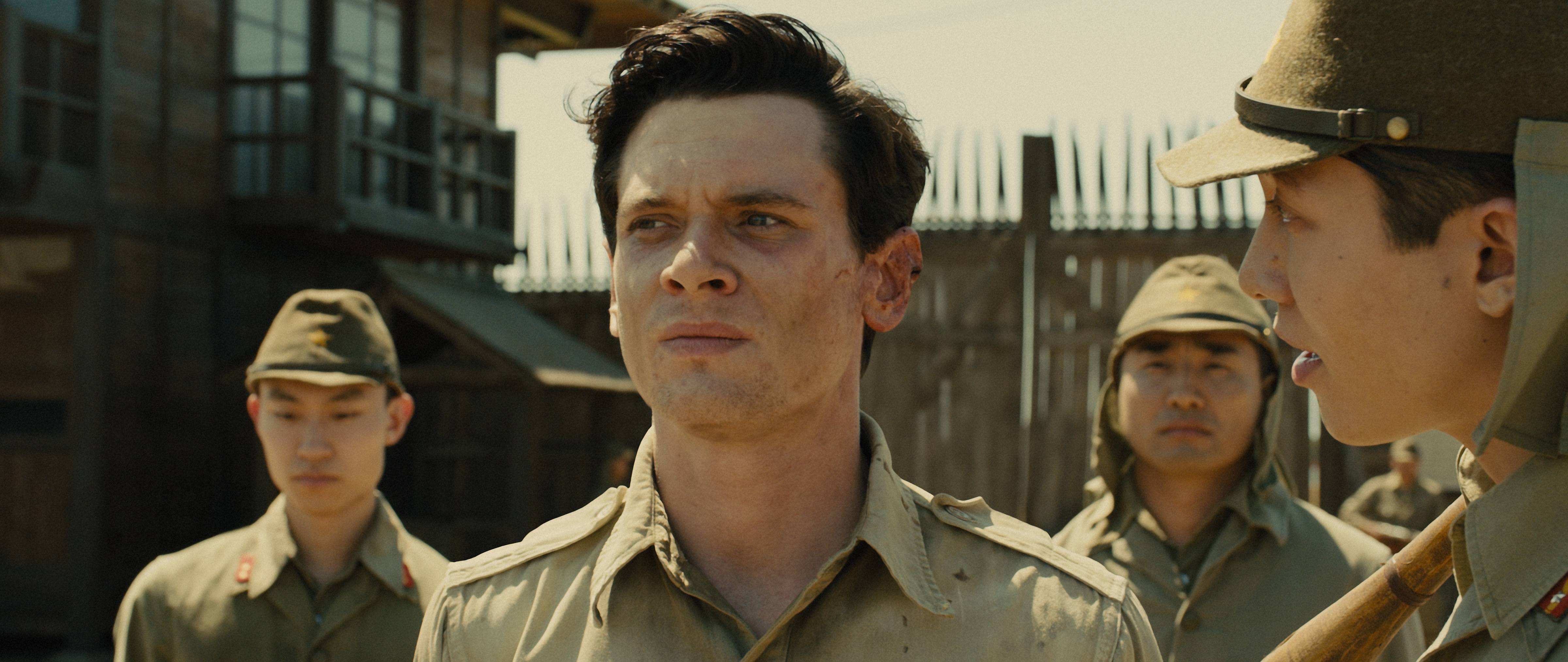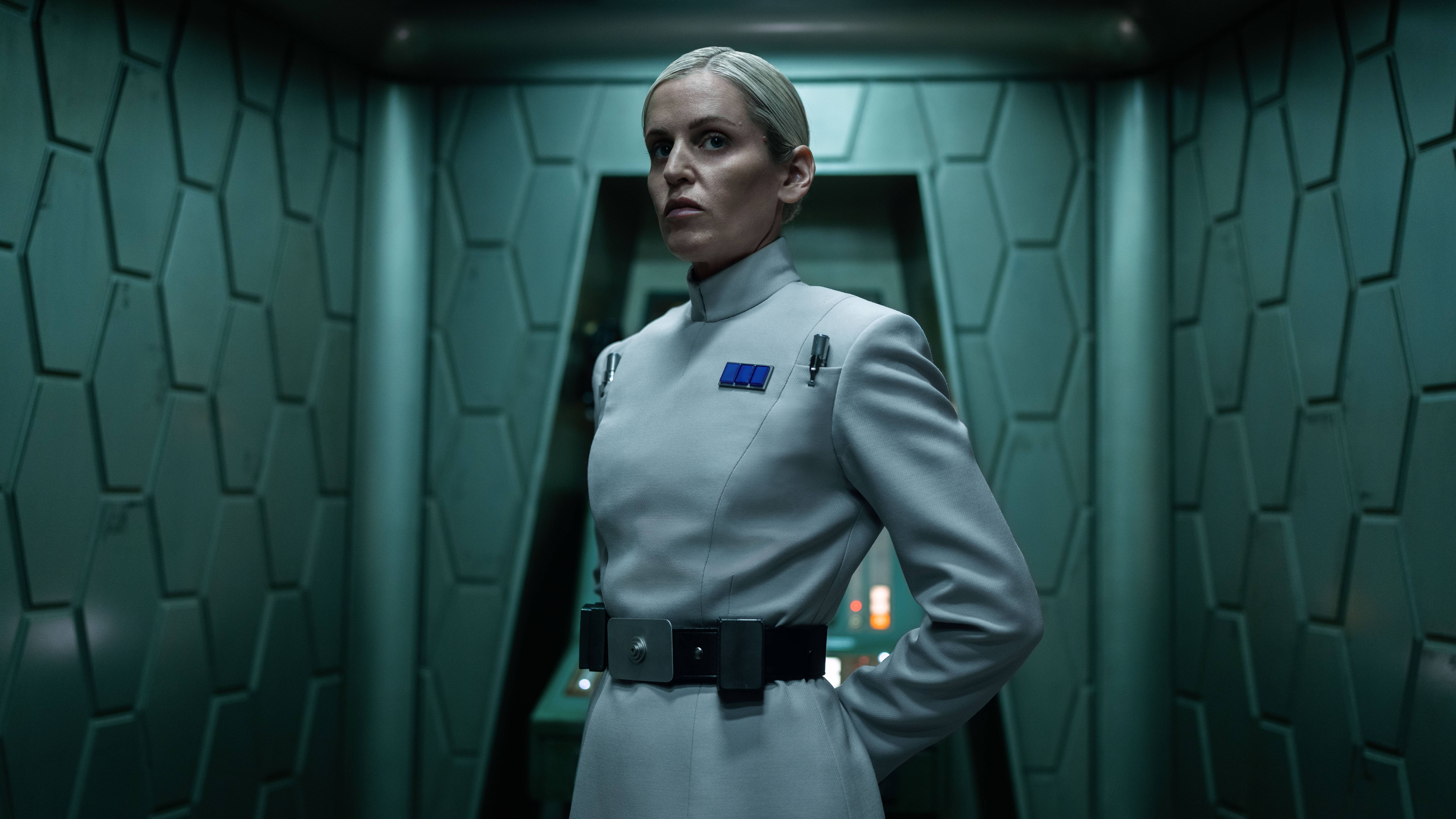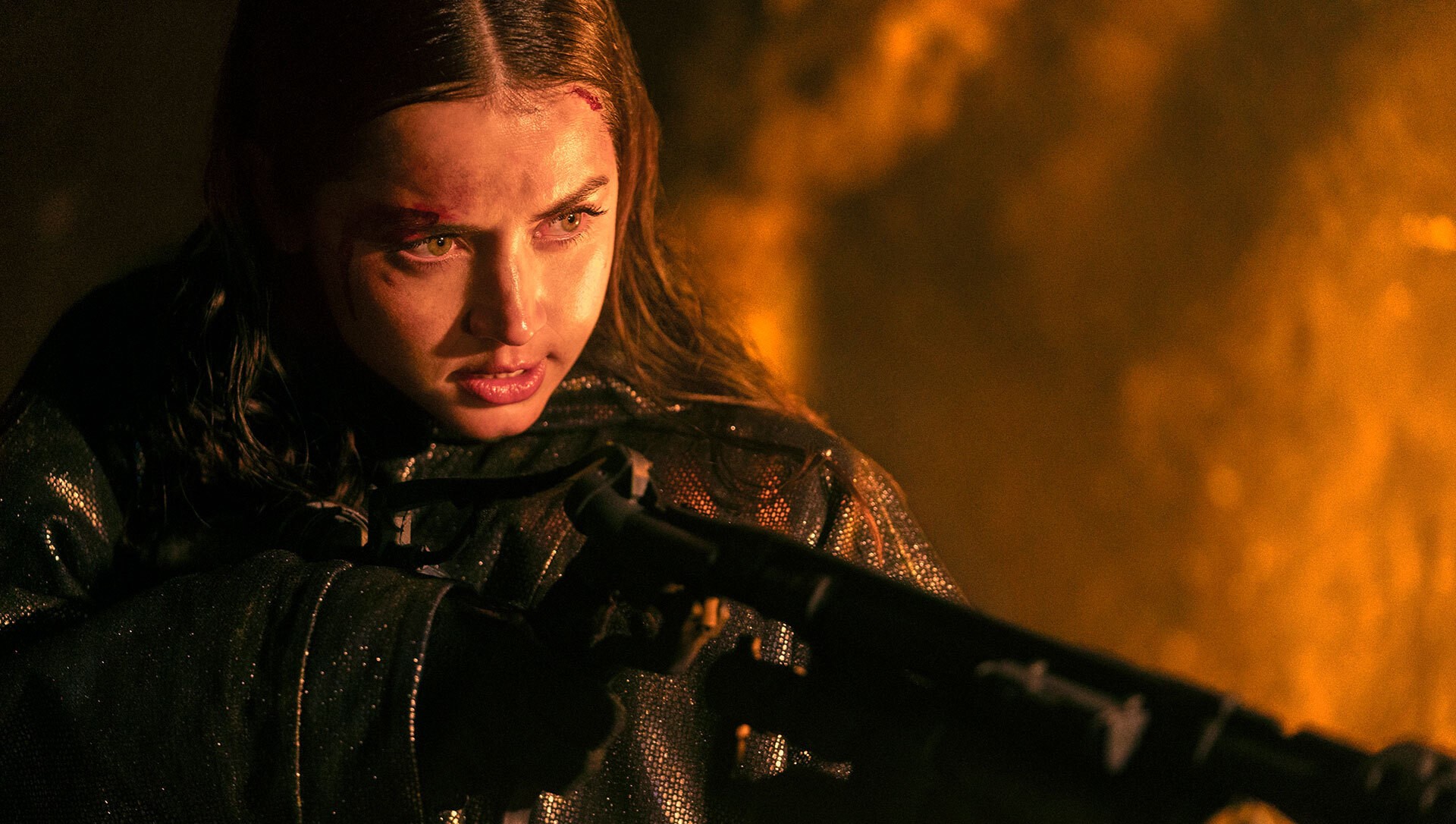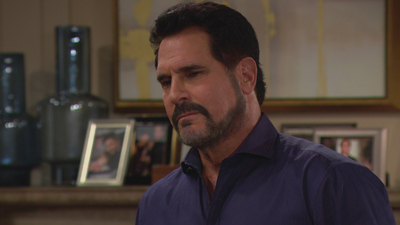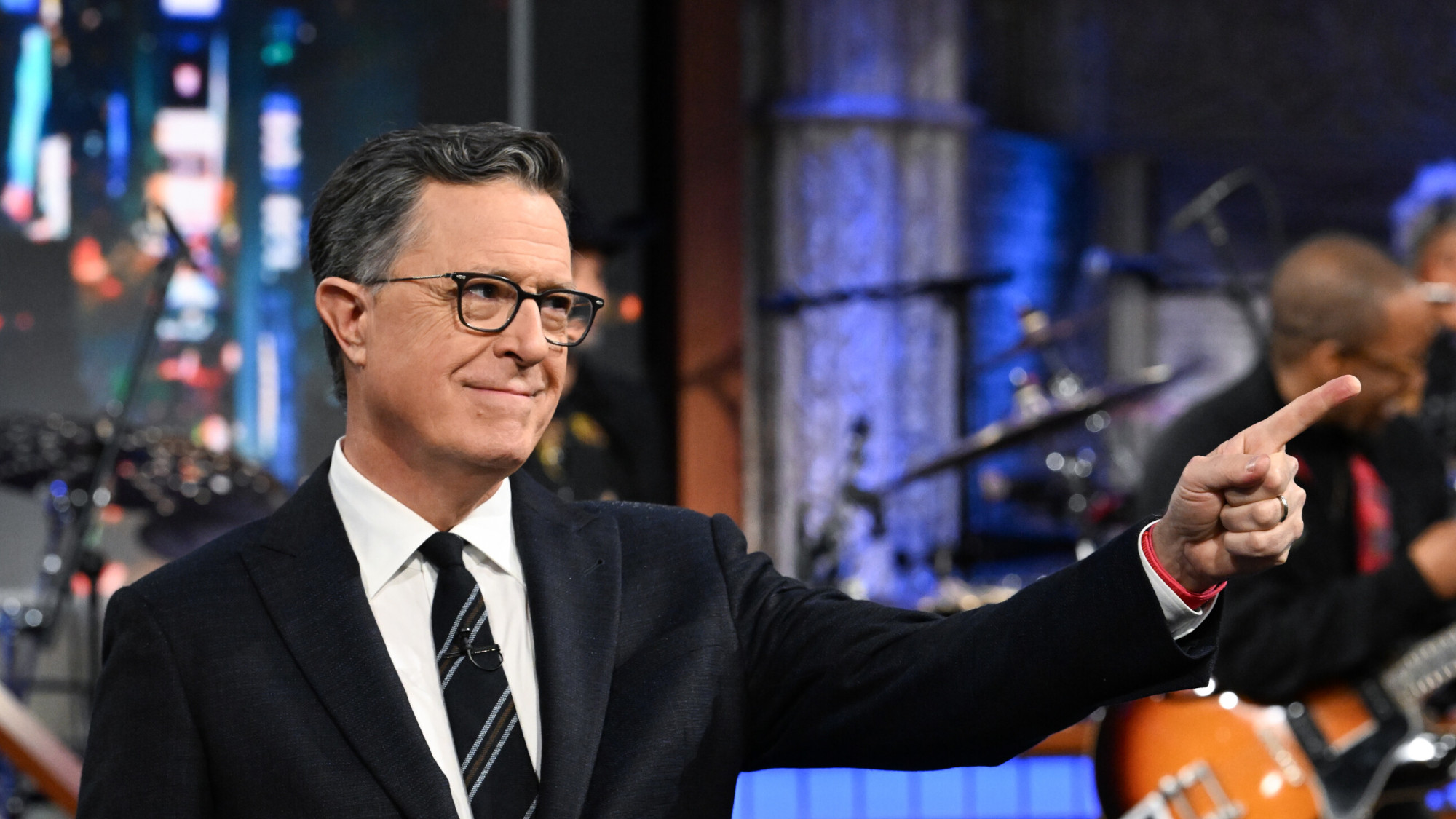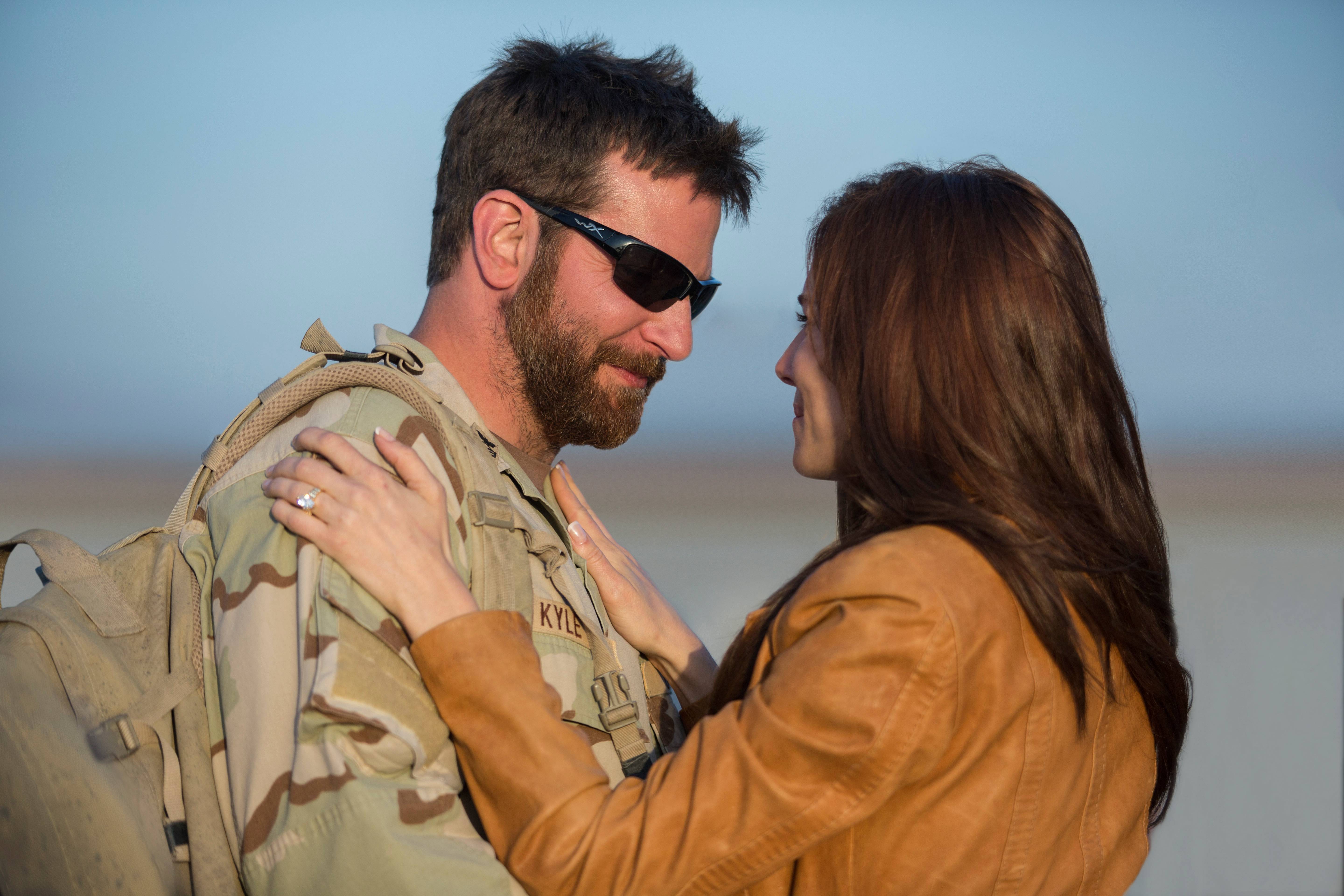Benedict Cumberbatch: My new BBC1 drama is ‘pretty harrowing’
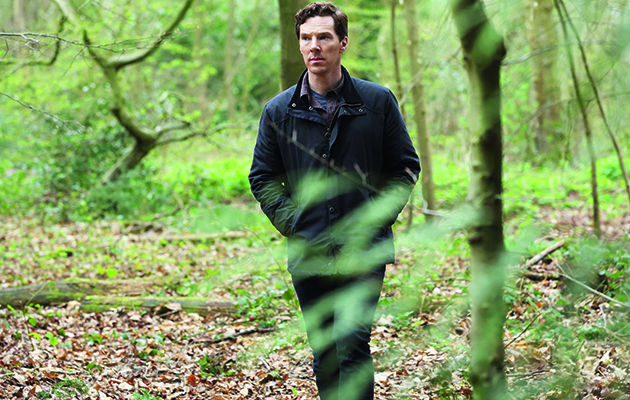
Benedict Cumberbatch has revealed why he thinks his new BBC1 drama, The Child in Time, which starts this Sunday, is ‘pretty harrowing’
Benedict Cumberbatch has revealed why he thinks his new BBC1 drama, The Child in Time, which starts this Sunday, is ‘pretty harrowing’
What’s the story?
It’s every parent’s worst nightmare: One moment your child is beside you in the supermarket; the next, they’ve vanished. As you frantically search the aisles, desperately calling out your child’s name, your chest begins to tighten and sheer terror sets in…
Benedict Cumberbatch brings that very ordeal to life this Sunday in a disturbing and moving BBC1 adaptation of Ian McEwan’s 1987 novel The Child in Time.
The 90-minute drama sees the Sherlock star play children’s author Stephen Lewis, whose four-year-old daughter, Kate, disappears after he takes his eyes off her for a split-second during a shopping trip.
In the terrifying minutes, hours and years that follow, Stephen becomes consumed by grief and guilt, while his relationship with his wife, Julie (Kelly Macdonald), breaks down spectacularly.
Get the What to Watch Newsletter
The latest updates, reviews and unmissable series to watch and more!
It’s a harrowing depiction of love, loss and fear of the unknown, as Stephen and Julie embark upon separate paths of learning how to live without their daughter.
Here, father-of-two Benedict Cumberbatch, 41, has revealed what a tough role it was
This is a devastating story; how does Kate’s disappearance affect her parents?
Benedict Cumberbatch: Kate was born out of a beautiful, intimate and caring relationship, which is shattered when Stephen and Julie have time apart and go on separate journeys of grief. Their love was manifest in a child and they realise they have to accept Kate’s absence and never forget it, but also ultimately try to move on.
How does Stephen try to deal with his all-consuming grief?
BC: He’s described as a person who is ‘lost in a status of numbness’. He daydreams a lot, which strikes him back into the past and to the incident, but also back into his relationship and key moments when it broke down.
How intense was it to play a father who loses his child?
BC: Very! It’s unthinkable for any parent but if anyone imagines those circumstances, it’s pretty harrowing. It was very tough, but sort of an extraordinary thing to explore. There was actually a point when I said to the director, ‘I’m worried if I’m getting a bit too upset!’
Did the story affect you more because you’re a parent?
BC: Not really, I think that’s just circumstantial. I think anyone watching it who has children in their life will be affected. But it is ultimately an enriching and lovely tale of endurance and committing to love. The love between Stephen and Julie was there before and will endure after in this horrible acceptance of an absence. That’s the salvation in this very, very dark story of loss.
Was it difficult to switch off from that emotional pain at the end of the day?
BC: You would have to ask someone from my home life to find out whether I brought it home or not, but I don’t think I did. I think it’s incredibly unhealthy to bring work home anyway, and I didn’t want to bring that subject matter into our family life. My wife, Sophie, didn’t read this script and she hasn’t read Ian McEwan’s book either.
This is a very different character to your recent screen personas of Sherlock Holmes in the hit BBC1 series Sherlock, and Doctor Strange in the 2016 big- screen film of the same name…
BC: Yes, but I knew I wanted to play him. I had a desire to portray someone who is much closer to me; but figuring out how to do that was a little nerve-racking because I haven’t done it for a while.
In what ways is Stephen like you?
BC: He’s me in the sense that there’s not a huge difference in the vocal quality or the way I move or look, plus we used some of my own clothes. So I guess the starting point was me, if that makes sense, but it’s an extraordinary gift when you have a book to base your character on.
You also starred in the 2007 film adaptation of Atonement; are you a big fan of Ian McEwan’s work?
BC: I’m a huge McEwan nut! I was at the stage of reading every one of his novels the minute they were published – and I still do, but I jumped on that bandwagon, I think, either before Atonement or Enduring Love came out, so quite late. I’d never read The Child in Time before, though.
Did Ian get involved in the making of this adaptation?
BC: A lot of his work has been adapted so he’s very good at leaving well alone. He was thrilled with screenwriter Stephen Butchard’s work on the script; he said if he was writing the book again he’d want to do a similar kind of edit because it really focuses on the relationships.
Did you discuss your role with Ian?
BC: A little bit; but we were quietly respectful of each other’s process. He did say to call him if there was anything I wanted to ask; but we got there with the director, Julian Farino, and the rest of the cast. Maybe, some years down the line, after it’s aired, I might ask him what he thinks of it…
Rebecca has more than 20 years' experience in journalism and is now writing about all things telly-related for TV Times, TV&Satellite Week, What’s On TV and whattowatch.com.
She’s interviewed all sorts of big-name stars, including Al Pacino, Ewan McGregor, Tom Hardy, Winona Ryder, Benedict Cumberbatch and more. She’s also been known to step in front of the camera, dressing up as a 1920s flapper to star in ITV’s Mr Selfridge and co-hosting ITV News at Ten with Mark Austin – all in the line of duty!
When she’s not quizzing actors, directors and producers, you’ll find her bingeing US dramas and anything horror/sci-fi/zombie-themed. But her greatest love will always be Game of Thrones… just don’t mention the ending!
